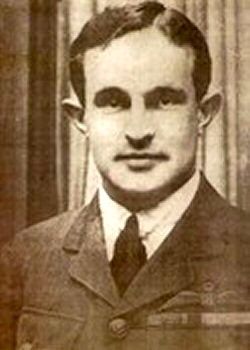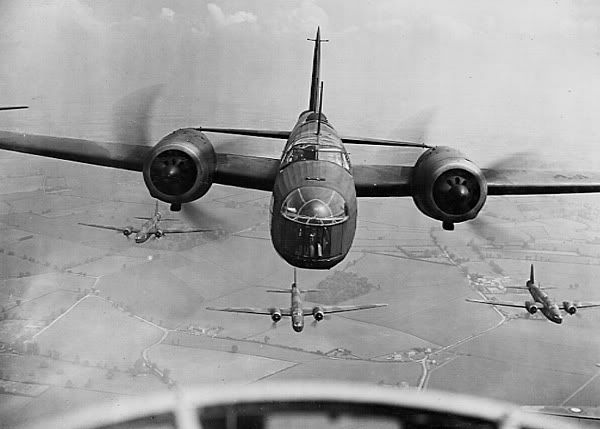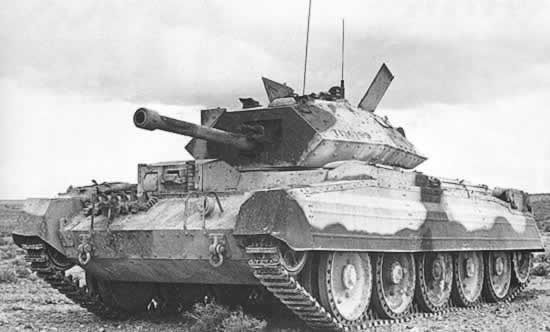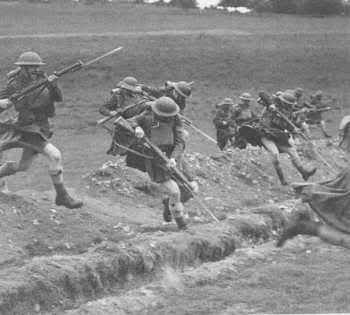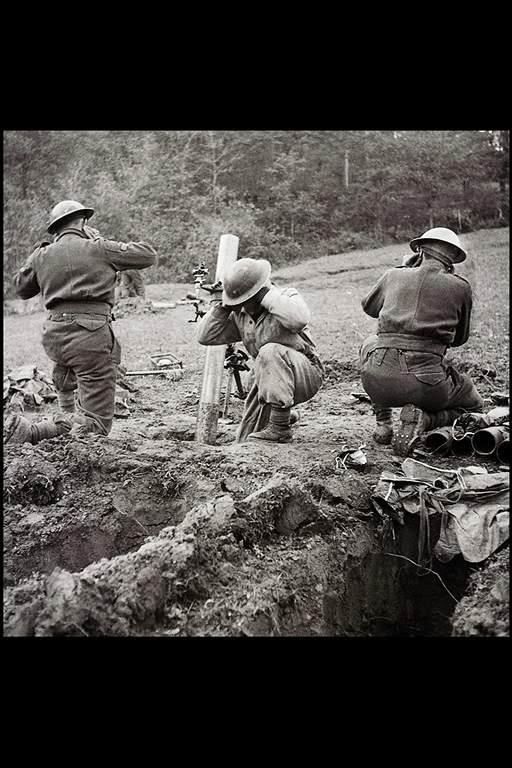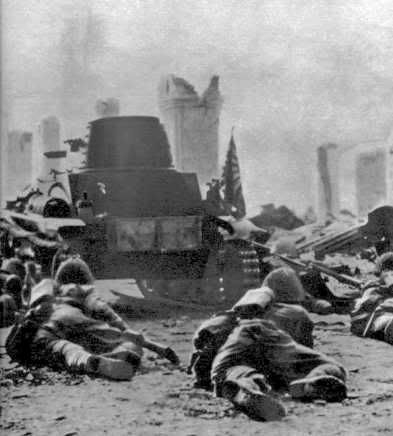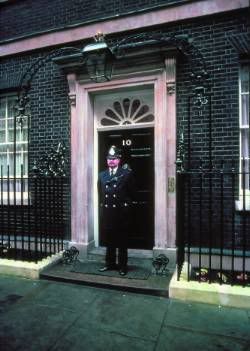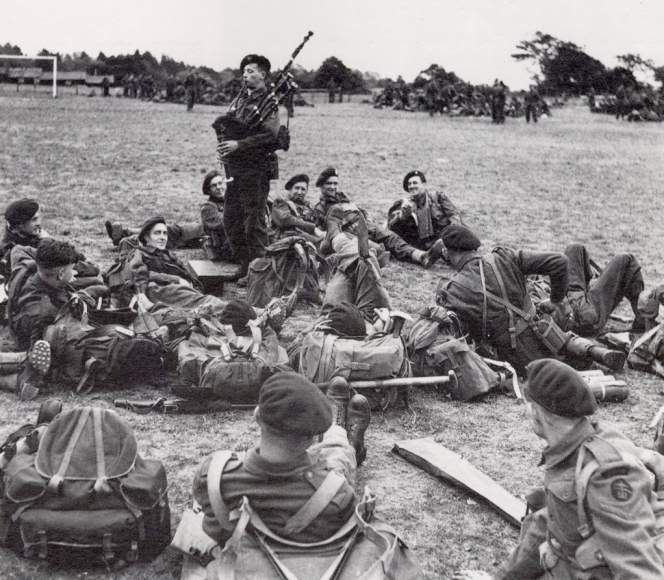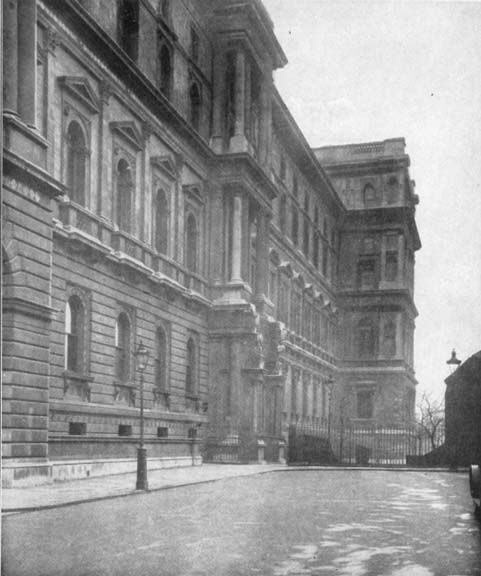Things just keep piling up!
CHAPTER THIRTY-THREE
January 21, 1939
London, England
The Foreign Office
In a most unusual occurrence in the annals of modern diplomacy, following the break of diplomatic ties between the British Empire and the Union of Soviet Socialist Republics on September 20, 1937, there had been absolutely no communication between the two governments. Even the messages that usually passed between neutral third parties had been non-existent. What would have shocked most of the world had they become privy to the information, was that it was the British that had been completely unresponsive to re-opening a dialogue rather than Communist Russia.
In fact, for the previous six months, the Soviet Union had been making routine requests to British Embassies throughout Europe requesting talks to discuss the initiation of a dialogue between the two nations. The Soviet diplomats making these somewhat clandestine requests, rather than being invited in to discuss the appeal, found the doors of the embassies quietly, firmly and very coldly closed in their faces. Apparently not wishing to take the closed door in the face for an answer, the Soviets began to move more publicly and began approaching the allies of the Empire and requesting that the foreign ministers of those nations pass along their request to the British. When the Soviets would come calling to inquire of the status of their intermediaries’ progress, they consistently would be disappointed to find that the British had refused to discuss the Soviet application with their own allies.
By middle of February, the Soviet leadership decided to take a more direct approach and dispatched the People’s Commissar of Foreign Affairs for the Soviet Union, or Narkom, Maxim Litvinov straight to London to confront the British face to face. While the Soviets would have rather arrived in London on the shoulders of the English workers for the final overthrow of the decedent monarchy, that was in the future, and the Soviets needed the British in the here and now, hence Litvinov’s somewhat unceremonious appearance.
Walking through the ornate marbled floors that laced the interior of the Foreign Office, Narkom Litvinov vaguely wondered if the former British Ambassador to Moscow, Sir William Seeds, had felt as nervous as the Russian was feeling now when he had delivered his letter breaking ties with the Soviet Union the September previous. Catching the occasional glance of the staff that was bustling about the building, Litvinov was surprised that instead of interest at his appearance, the looks he received were equally divided between cold indifference and an even colder hostility. Neither of which gave him much hope in the success of his mission, but he did have hope that the Foreign Secretary would be above such feelings and would be willing to at least open negations.
Coming to the end of the hall, which opened into a large mezzanine, the Russian’s guard/escort touched his arm and directed his attention to a gentleman halfway across the room at the base of a staircase leading up. The man’s back was to him and as they approached, the escort cleared his throat and announced,
“Sir? I have the Narkom.”
The Russian was shocked and cursed himself for not anticipating such a move, as the man turned about and revealed himself to be none other than Sir William Seeds. Looking upon the Narkom coldly, and grunted.
“Greetings, Narkom Litvinov. Please follow me.”
Turning on his heel and beginning to walk up the stairs, Sir William never bothered to check if the Soviet minister was following, and Litvinov had to literally jump up two steps to keep up with the British diplomat. Fuming on the inside at the affront to his position, the Russian attempted to draw abreast of the ascending Englishman to express his displeasure, but the number of people also using the staircase made it impossible. Reaching the next landing, the pair turned left and stood before a dark and somewhat plain door attached to an ornate door frame. Opening the door without a word, Sir William stepped through the doorway and then stepped to the side to allow Litvinov to walk in as well.
The room was clearly one of the original offices in the building, heavy with dark woods and oil lamps that had within living memory been replaced with electric lights. The walls to the left and right of the door were bookshelves that ranged from floor to ceiling, jammed to bursting with books, while maps of different regions of the world hung from hooks jutting out from the shelving. At the far end of the office sat a large desk, one that made the massive one in his office back in Moscow took tiny in comparison, with a massive leather upholstered chair between it and the windows that framed the far side of the room.
Scattered between the desk and the door way were several chairs and small tables, clearly designed for small close conversations, and the Russian was beginning to feel confident that mayhap his arrival was the signal that relations may begin to be mended between the two nations. That confidence was shattered when he arrived at the foot of the desk and the Foreign Secretary for the British Empire Sir Anthony Eden looked up and said in a cold tone that made it warmer outside in the English winter air than in the room itself,
“So, it’s you. While His Majesty has directed that I listen to what you have to say, Narkom Litvinov, I feel I should let you know that I advised against it. However, despite certain occurrences, my King is a very gracious man and overruled my protest, as well as the protests of the majority of his Privy Council, yet has allowed me to make the final decision. So, speak to me of what your Party masters want back in Moscow, and be quick, as you can see, things are quite busy here today.”
Shocked by the tone of the normally quite affable Eden, the Narkom was momentarily at a loss for words. Even with a lack of diplomatic ties between countries, Foreign Secretaries just did not speak to each other so undiplomatically. It just was not done. Glancing over at Sir William, Litvinov saw the small gleam in the man’s eyes and wondered if the feelings he was currently experiencing were in any way similar to the feelings the Ambassador had felt when the Narkom had treated him as coldly following the Hotspur Incident. Shaking himself, Litvinov cursed the English for their petty vindictiveness and vowed that when the workers pulled down the decadent monarchy of King George, he would personally insure that these two men faced the full public humiliation their debauched and self-indulgent imperialistic ways deserved. Again Maxim, he thought to himself, that is the future, deal with the today.
“Chairman of the Council of People's Commissars of the Union of Soviet Socialist Republics and General Secretary of the Central Committee of the Communist Party of the Soviet Union, Josef Stalin,” Litvinov began in a tone of voice that intended to impress the importance and power of those two titles,
“has instructed me to meet with representatives of the British Empire to make an offer that would be mutually advantageous to both our nations.”
When Eden failed to respond with more than a look of coldness, the Narkom continued hurriedly,
“What the Soviet Union proposes, is that the British Empire mediate a dispute between her ally Finland and the Soviet Union regarding the disposition of certain tracts of land currently in dispute between the Republic of Finland and the Soviet Union. In return for a favorable outcome of the mediation, the Soviet Union would see itself clear to handing over some large tracts of land near the Afghan/British Indian border.”
“Anything else in Comrade Stalin’s proposal,” Sir Anthony asked icily enough to make his Russian visitor think that it may be warmer outside in the London winter.
Uncertain as to what the Foreign Secretary was coldly alluding to, Litvinov answered truly, his voice tinted with a certain amount of outrage he was beginning to feel at the treatment he was receiving,
“No, Sir Anthony. That is the meat of the proposal.”
With a grunt with the Foreign Secretary reached over to the buzzer box on the edge of his desk and pressed a button. In response to the voice that echoed from the box, Eden replied,
“Graeme, please have one of the stewards come in, please? The Narkom is ready to leave.”
After saying this, Eden leaned forward and returned to reading through the papers scattered about his desk, ignoring the Soviet diplomat. As a concealed door in the bookshelf to his left opened to reveal the main corridor and the Foreign Secretary’s official reception area, Litvinov cleared his throat angrily and hissed,
“What of our proposal, Mr. Secretary?”
Looking up from his desk with mild annoyance, Sir Anthony replied,
“You have delivered your proposal, Narkom Litvinov, now I bid you a good day.”
“But you have not answered the question of our proposal,” the Soviet growled hotly.
“This goes against all diplomatic proceedures! I must have an answer for Moscow and I demand an answer!”
With calm and icy tones the Foreign Secretary of the British Empire replied as the steward requested arrived and came to stop behind and to the right of the Russian.
“My dear Litvinov, let’s not delude ourselves, shall we? As our two countries have no diplomatic ties, there is no need for the Empire to even consider playing lip service to such niceties as the consideration of diplomatic procedures. Additionally, your uninvited presence within the Empire as a member of a adversely deemed nation, technically speaking allows me to consider you as persona non-gratis and means that you are in no position to demand anything. Now, again, I bid you a good day.”
Outraged at the demeanor, the superior attitude and the cold condescension of the Englishman, Litvinov stepped forward and slammed his fists on the Foreign Secretary’s desk and leaned toward him. With spittle flying he literally screamed in Eden’s face,
“The Soviet Union will not stand for this sort of treatment! This is an insult that I demand be apologized for immediately!”
With a raised eyebrow, Sir Anthony pulled a handkerchief from his breast pocket and calmly wiped away a dab of spittle from his check while the Soviet diplomat found himself yanked back from the desk by the steward whom he suddenly realized was a bit more burly than was normal for a office bureaucrat.
“Old boy,” Eden replied with a certain amount of disdain,
“trust me, if His Majesty had wanted to deliver an insult to yourself or your precious Communist Russia, it would have been done in a much more public arena and in a much more humiliating way. Now, as if your presence had not been enough proof, your singular lack of decorum in this situation would cement the fact that the Empire made the correct decision in refusing to maintain any ties with your government. You are now officially persona non-gratis, and Charles here will escort you to the front door and you will find a vehicle waiting to take you to Croydon Airport where you will be placed upon a British Airways aircraft bound for Paris. Now, I tire of being polite, so be gone with you.”
Despite his struggle, Litvinov could not extract himself from the grip of the steward Charles, and found himself being dragged toward the door. Firing a pleading look at the two English diplomats, the Russian begged,
“What am I supposed to tell my government?”
Speaking for the first time since they had arrived in the Foreign Secretary’s office, Sir William said simply,
“Remind your General Secretary Stalin that the British Empire is not in the habit of conducting talks, especially ones on such nefarious topics as what he proposes, with a nation with which it has severed diplomatic ties. Enjoy your journey back to Moscow, Comrade.”
Up next, tensions in the Adriatic and the Far East continue to mount!
